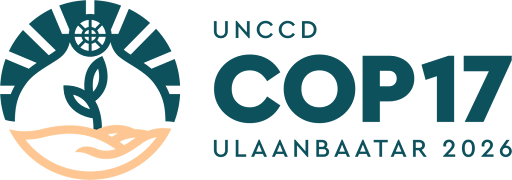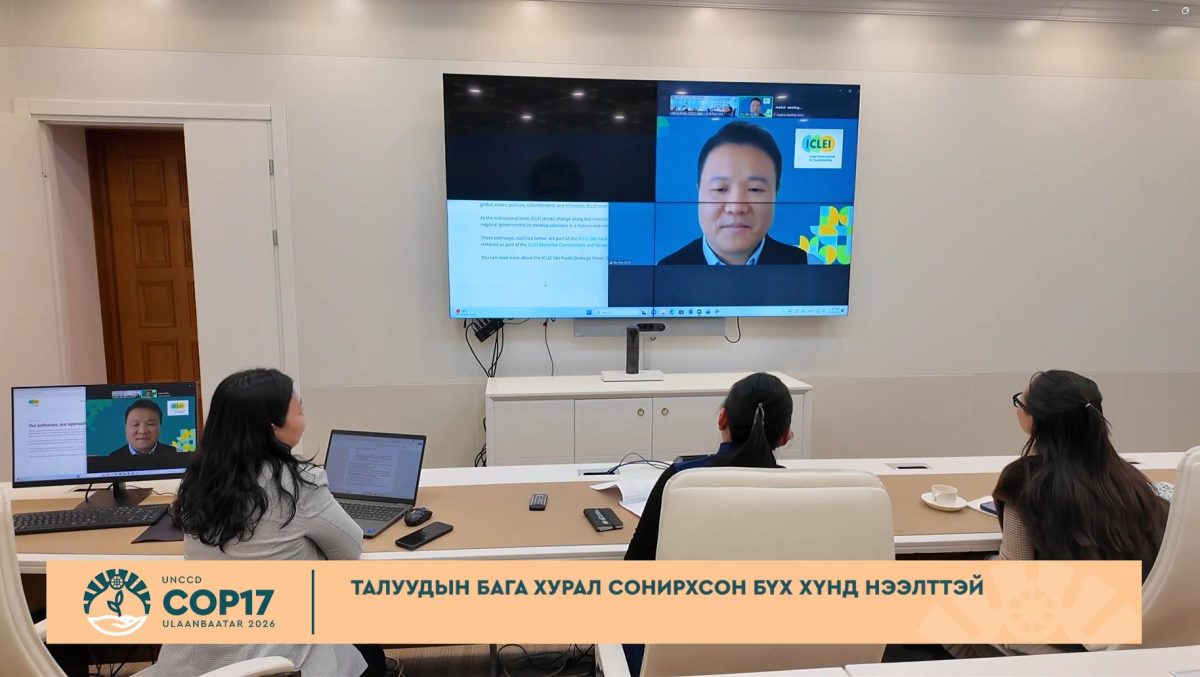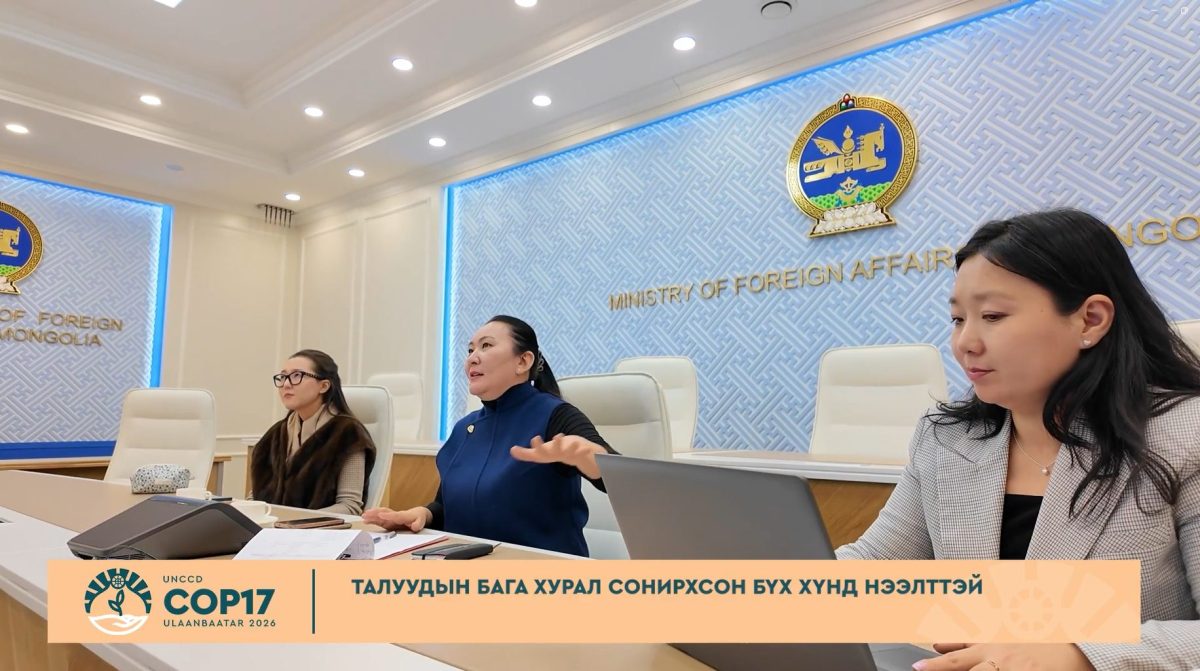Ulaanbaatar, ICLEI Member City, to Host UNCCD COP17 in August 2026

In 2026, Mongolia will host the 17th session of the Conference of the Parties (COP17) to the United Nations Convention to Combat Desertification (UNCCD) in Ulaanbaatar, convening all 197 Parties at a critical moment for global action on land degradation, desertification, and drought. With nearly 77% of its land affected by degradation, Mongolia is positioning COP17 as a platform to advance land restoration, sustainable land management, and resilience-building, aligned with 2026 as the UN International Year of Rangelands and Pastoralists (IYRP).

As part of its COP17 preparations, Mongolia has developed three flagship, strategy-based initiatives to translate global dialogue into concrete action. These include a Flagship Pastureland Initiative, an Integrated Water and Land Management Initiative, and a Nature-based Solutions Infrastructure Initiative, which together aim to address desertification, land degradation, and climate resilience across urban, rural, and rangeland contexts.
As a leading global network of local and regional governments, ICLEI – Local Governments for Sustainability is actively contributing to COP17 preparations by advancing the city and local government dimension of the process. Mr. Shu Zhu, Regional Director of ICLEI East Asia Secretariat, recently participated in an online coordination meeting with Mongolian COP17 counterparts, which was featured in Mongolia’s first official COP17 preparatory video. During the meeting, ICLEI expressed its readiness to collaborate closely with Mongolia and to support and lead a high-level, city-focused event at COP17.

Mr. Shu Zhu introduces ICLEI’s work
The meeting was chaired by the Director General for Multilateral Cooperation of the UNCCD COP17 Preparatory Office of Mongolia, with the participation from Ulaanbaatar City Government, and other relevant institutions. Discussions focused on strengthening city engagement, particularly around nature-based solutions, integrated land and water management, and climate-resilient urban development.

Dr. Shagdarsuren Tserendulam, Director General for Multilateral Cooperation, UNCCD COP17 Preparatory Office of Mongolia
Building on its engagement at UNCCD COP14 and COP16, ICLEI is now working with Mongolian partners to support a dedicated platform for cities and local governments at COP17, aimed at mobilizing cities, partnerships, and finance in support of land restoration and dryland resilience.

ICLEI East Asia Secretariat meeting with Mongolian COP17 counterparts
Drafting / Ge Liu
Editing / Xiaoqian Zhou
images / UNCCD COP17 Preparatory Office

